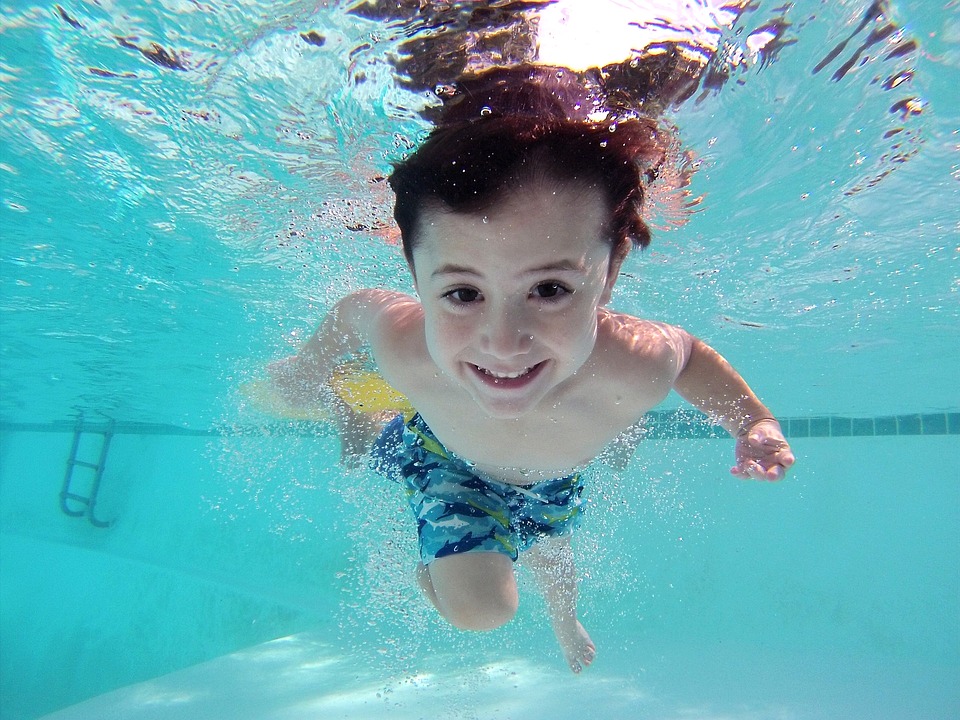Swimming Pool Safety

Whether you have an in-ground pool, above-ground pool or you’re just inflating one, pools and hot tubs have major safety implications. Many towns have enacted safety regulations for residential in-ground and above-ground swimming pools. In addition to following your community’s laws, people who own pools should take additional precautions, including the following:
1. Secure your pool or hot tub with the appropriate barriers, covers, and alarms.
To eliminate unsupervised entrance to the swimming or spa area, it is important to install the appropriate barriers. A fence that surrounds all 4 sides of the pool and completely separates the pool from the house and yard is recommended. If the house serves as the fourth side of the fence, install an alarm on the exit door to the yard and the pool. Also, make sure the exit doors self-close & self-latch at a height that children can’t reach. For additional protection, you can install window guards on windows facing the pool and pet doors if you have them. Make sure you keep all your barriers and alarms in good repair with fresh batteries. For above-ground pools, secure, lock or remove steps, ladders, and anything that can be used for access (such as outdoor furniture and toys).
2. Never leave a child unattended in or near water — If a child is missing, check the water first.
ALWAYS watch children when they’re near or in the water, and never leave them unattended. It only takes a second for tragedy to happen. If you are unable to be near the pool at all times, you can designate an official Water Watcher (an adult tasked with supervising children in the water). However, don’t allow anyone who has been drinking alcohol excessively to be the Water Watcher, as drinking negatively impacts balance, coordination, and judgment. It’s also important to have a phone close by in case you need to call for help.
3. Install anti-entrapment drain covers and safety release systems to protect against drain entrapment.
Did you know suction from pool and spa drains can trap a swimmer underwater? Do not use a pool or spa if there are broken or missing drain covers. Educate yourself on the Pool and Spa Safety Act and ask your pool service rep if your pool or spas drains are compliant with this. If not, update your drains and other suction fittings with anti-entrapment drain covers and systems. Know how to shut of filters and other devices and post this information outside, so others can do so in case of an emergency.
4. Have your family members learn to swim + basic water rescue skills.
Get your children swimming lessons as early as possible, so they can achieve all skills of water competency: able to enter the water, get a breath, stay afloat, change position, swim a distance then get out of the water. If you’re a pool owner, it’s also important to learn CPR. Knowing this vital skill can be the difference between life or death if a child or adult drowns in your pool. Once you’re CPR certified, make sure to keep your certification current. CPR classes are available through many hospitals, community centers, or by contacting the American Red Cross.
Remember, these rules aren’t just for when you’re using your own pool at home. They can also apply when you are visiting a friend/family members pool or even your town pool. Safety should always be your number one priority.
Article Sources:
https://www.iii.org/article/pool-safety-and-insurance
https://cpsc.gov/s3fs-public/pdfs/blk_media_SafetyBarrierGuidelinesResPools.pdf





